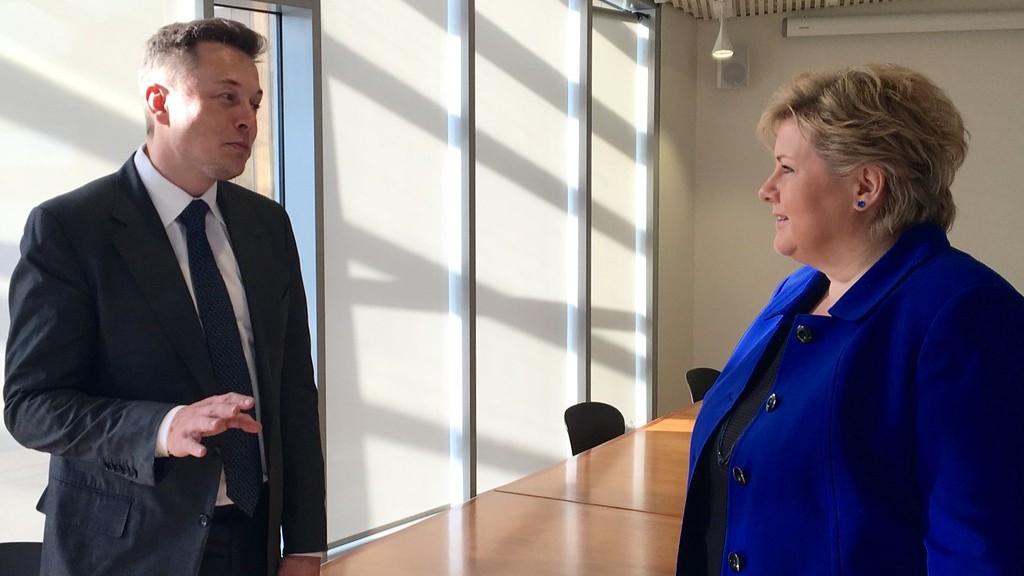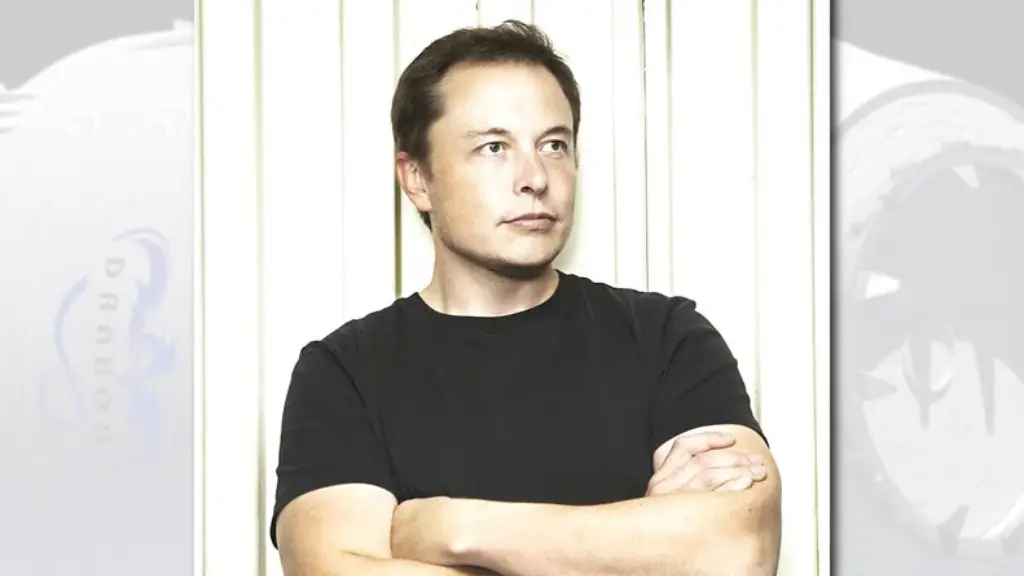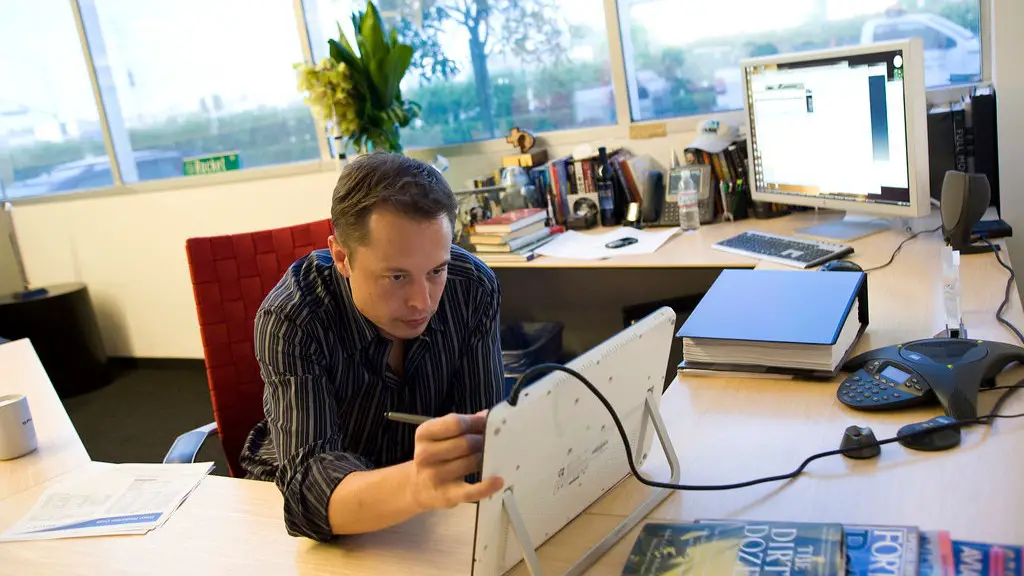Background and Early Life of Mark Zuckerberg
Mark Zuckerberg was born and raised in White Plains, New York on May 14, 1984. Despite being raised in a comfortable household with a mother who was a psychiatrist and a father who was a dentist, Mark Zuckerberg developed a strong and inquisitive passion for computers at an early age. By the age of 12, he had developed his own video game and at the age of 14, he wasn’t content with just writing programs for fun, he took a plunge and created a messaging program to communicate in his private school. This system was made in the fall of 2000, and he eventually connected the four different schools in the area.
In 2002, when he was in high school, he developed an alternative music player, Synapse. This was used to predict the rhythmts of chosen tunes by processing the music data and was highly praised by the press. Microsoft and AOL recognized the talent of this young technology developer, and so they both tried to buy out such software, although he refused their offers.
Early Career and Founding of Facebook
After graduating from high school in 2002, he was admitted to Harvard University. He developed a program called “CourseMatch”, which helped students to choose their classes based on the selections of other students. Following that, he also developed “Facemash” which was designed to compare two faces within seconds and unfortunately was shut down by the Harvard administration within two days due to its huge popularity as a party game. The “Facemash” project also sparked the concept for what would later become the social media giant Facebook.
Facebook was launched on February 4, 2004 in Mark’s Harvard dormitory. It received an immediate success with over 1,200 members in the first week, and the number of users began to grow exponentially. As it gained a wider audience, it was adopted by different high schools and universities throughout the United States. And with the launch of its new version in 2005, Facebook started receiving over 5 million users daily in no time.
Investment and Acquisition
Noticing the potential of this networking website, a venture capitalist invested $500,000 into Facebook in June of 2004, which rose the company’s worth to $5 million. After that, Peter Thiel, the co-founder of PayPal, invested $500,000 in Facebook in April 2005, valuating the company to $50 million. The news of the explosive growth of Facebook spread widely in the business world, making Facebook an interesting topic among various shareholders and investors.
In October 2007, Microsoft invested $240 million for a 1.6% stake in the company, which would give Facebook a $15 billion valuation. Later, in February of 2009, Russian investor, Yuri Milner, made the highest investment made in a private Internet company, a $200 million deal which gave Facebook a $10 billion deal. With all the investments made, Mark Zuckerberg still holds about 14.2% of the Facebook shares. And with the success of Facebook, Mark Zuckerberg became richer, as he had estimated to earn $1.2 billion through his Facebook shares.
Competition & Big Market Potential
Given the increasing competition from other social media platforms such as Instagram, Pinterest, and Twitter, Zuckerberg has always strived to surpass their innovations and develop the best user experience. He understood the potential of global market and shifted Facebook’s focus and resources towards targeting users in developing countries with low income. He promised to improve the user experience and make the platform more inclusive. As of today, the company has 2.6 billion users, which makes it one of the largest social media company in the world.
Facebook not only reached success as a user platform, but it also generated considerable revenue from advertisement, as more than eight million marketers advertise on Facebook, leading to the company making $3 billion in revenue in the year 2019. Facebook constitutes 25 percent of the digital advertising market and brings in more revenues than most other networks combined.
Pivoting From Digital Ads to E-Commerce
In 2020, Zuckerberg announced plans to pivot away from digital ads and shift the company’s focus to the e-commerce sector, taking away attention from other e-commerce businesses such as Amazon and Alibaba. He announced plans to launch a new platform (dubbed Shopify) that would allow users to buy and sell goods directly on the Facebook platform, similar to what is done on Amazon and other platforms.
In addition to that, Facebook had also launched its own payment platform (known as Facebook Pay), which allowed users to pay for goods and services through the Facebook platform. This was done in an effort to make the shopping experience more seamless and convenient for its users.
The Zuckerberg Effect on Business
Mark Zuckerberg is not just an ordinary entrepreneur, but an inspiration to millions of people, who are engaged in their field of expertise by pursuing their own creative ideas, just like him. He has broken many stereotypes to reach the level of success that he has achieved today. Zuckerberg is amongst the unprecedented few, who have been awarded the title of being one of the “Youngest Billionaires of the World” and set examples for aspiring entrepreneurs with his zeal and unrelenting perseverance.
He also had the courage to make radical decisions, such as shifting from digital ads to the e-commerce marketplace, without necessarily considering the consequences it would have on people’s businesses. He has no qualms about taking risks when it comes to the success of his own business, and this is something which other aspiring entrepreneurs can look up to for guidance and inspiration to conquer their fields of expertise.
Zuckerberg’s Rise to Fame
Apart from his creativity and independence from an early age, Zuckerberg also astounded the world with his ability to rise to a higher level of fame, simply by recognizing the need of people and providing them with a platform to meet their needs. With his innovative thought process and execution of ideas, he turned Facebook into one of the major social media networks which transformed our lives in the 21st century. He secured a position on the Forbes Billionaire List, with a net worth of $87.5 billion.
This story of success inspired millions, as he championed the idea of achieving success through your own thoughts and hard work. His journey of success has energized the younger generations to build the path-breaking ventures of the future. His story of success has been immortalized in books, movies, and documentaries for proving to the world anything is possible. He carved all the paths that made him who he is today from nothing but just his relentless passion and resilience.
Philanthropy and Social Impact Initiatives
Throughout his journey, Mark continued to diversify his interests, and he is also known for his philanthropic and entrepreneurship activities. He is the Co-founder of the BreakPR Foundation, a non-profit organization for setting up and offering internet access to those parts of the world that don’t have internet.
He also contributed to many social welfare projects and initiatives, such as the US Public Schools Campaign, which created an endowment fund of $100 million for helping underprivileged students. He has now set up a philanthropic organization along with his wife, Priscilla Chan, the Chan-Zuckerberg Initiative which has the aim of supporting the betterment of children and education.
In addition to this, he has also invested in many research projects aimed at treating and preventing illnesses such as cancer and heart diseases. He also contributed to charities and philanthropic causes such as donating $20 million to the University of California, San Francisco for life-saving programs. He once said: “Powerful technology and ideas have the potential to make the world a better place for everyone.” By harnessing the power of technology, Mark Zuckerberg looks to do just that.
The Facebook Controversies
Mark Zuckerberg made headlines for the wrong reasons when Facebook faced privacy scandal in March of 2018. The Cambridge Analytica scandal was a huge controversy and led to the filing of numerous lawsuits against Facebook. The company had also faced criticism for its handling of user data and its lack of transparency. The scandal caused the stock price of Facebook to plummet to its lowest in four years, with the company losing almost $50 billion.
Moreover, Facebook recently faced a new antitrust lawsuit brought by 46 states’ attorneys general and the Federal Trade Commission over the company’s alleged anti-competitive practices. These lawsuits highlighted how Mark Zuckerberg’s quick-paced decisions in business often led to him being accused of monopolistic tendencies. Moreover, Facebook was also accused of not doing enough to monitor and regulate the content being shared by users on its platform.
Mark Zuckerberg has often been criticized in the media for his defiant behavior towards the regulators. His decision-making process during such complicated times has often been questioned, as his decisions often seemed to have been taken in haste. But, despite all these criticisms, he still remains one of the world’s most influential and powerful technology entrepreneurs.




